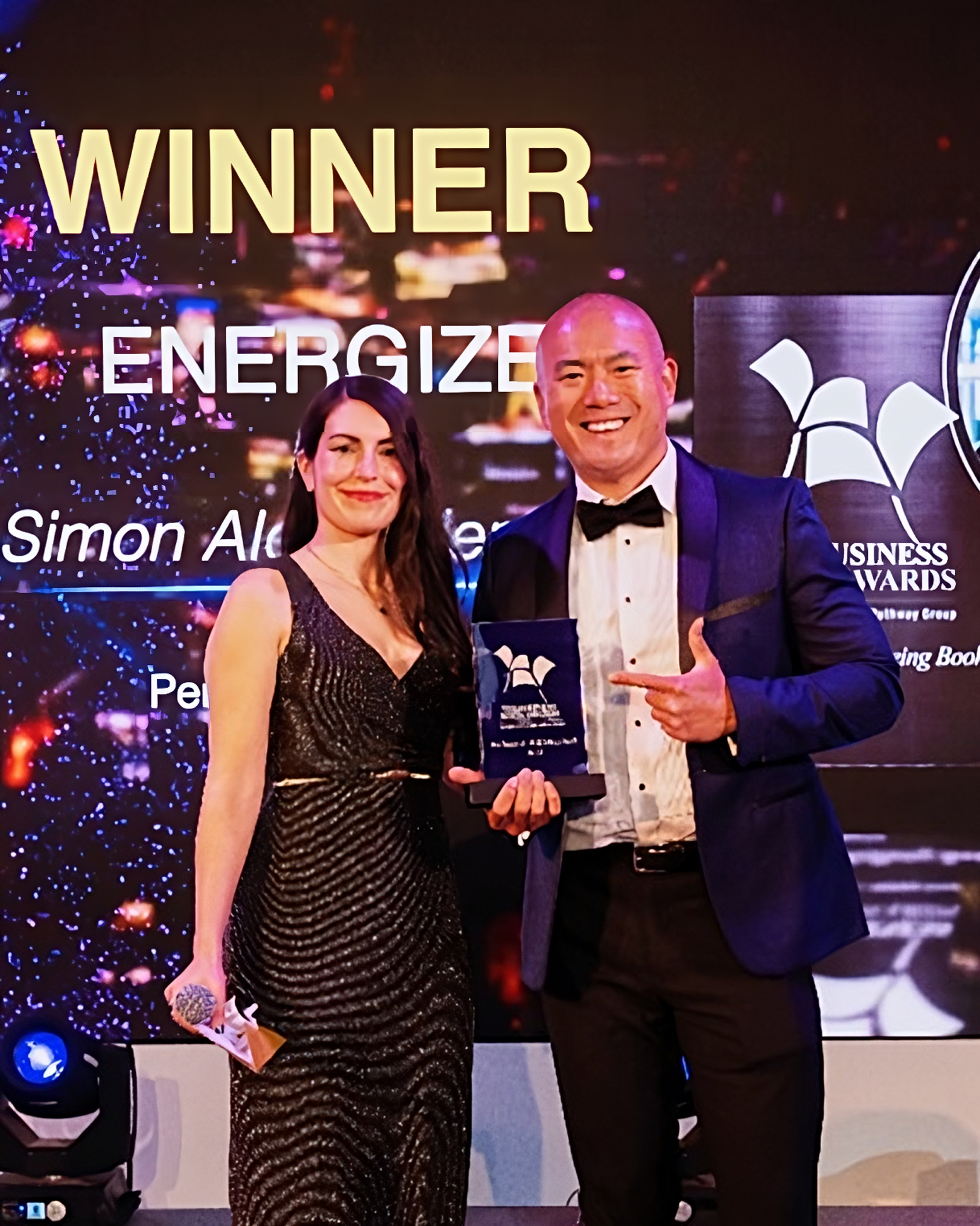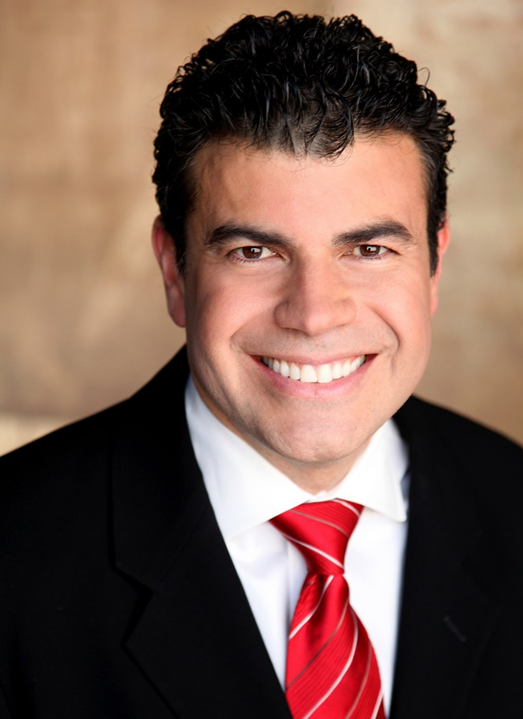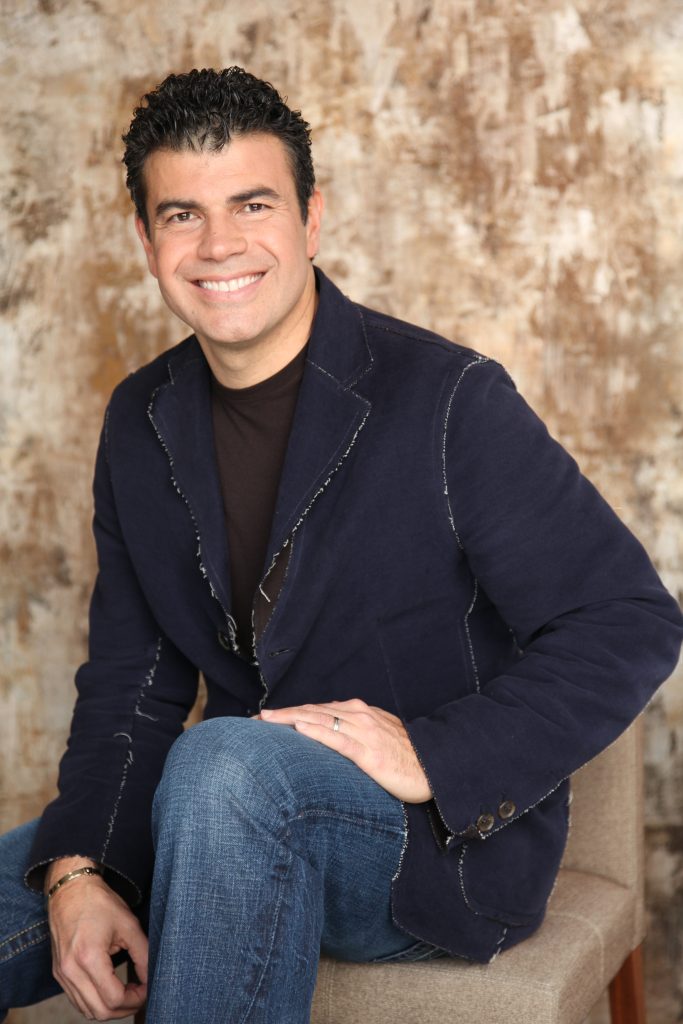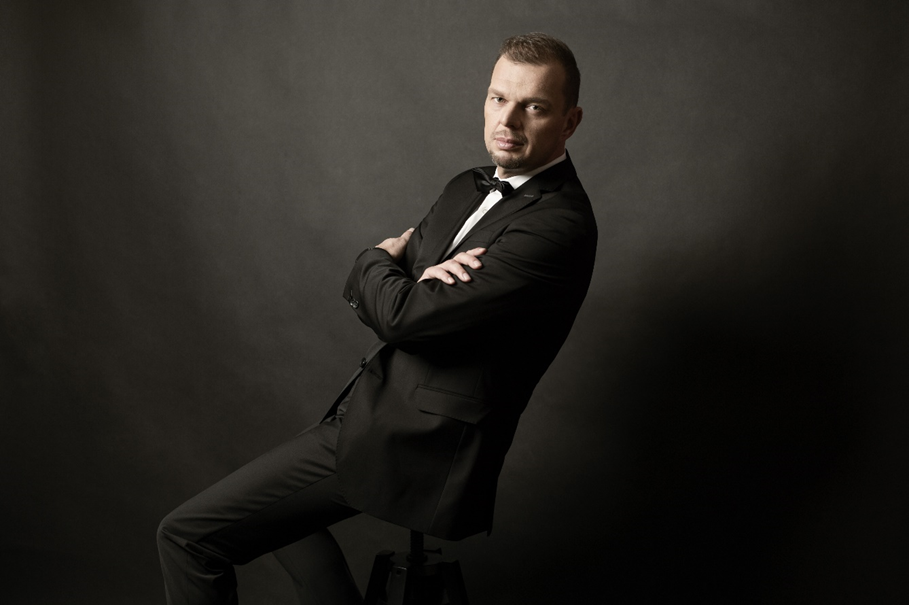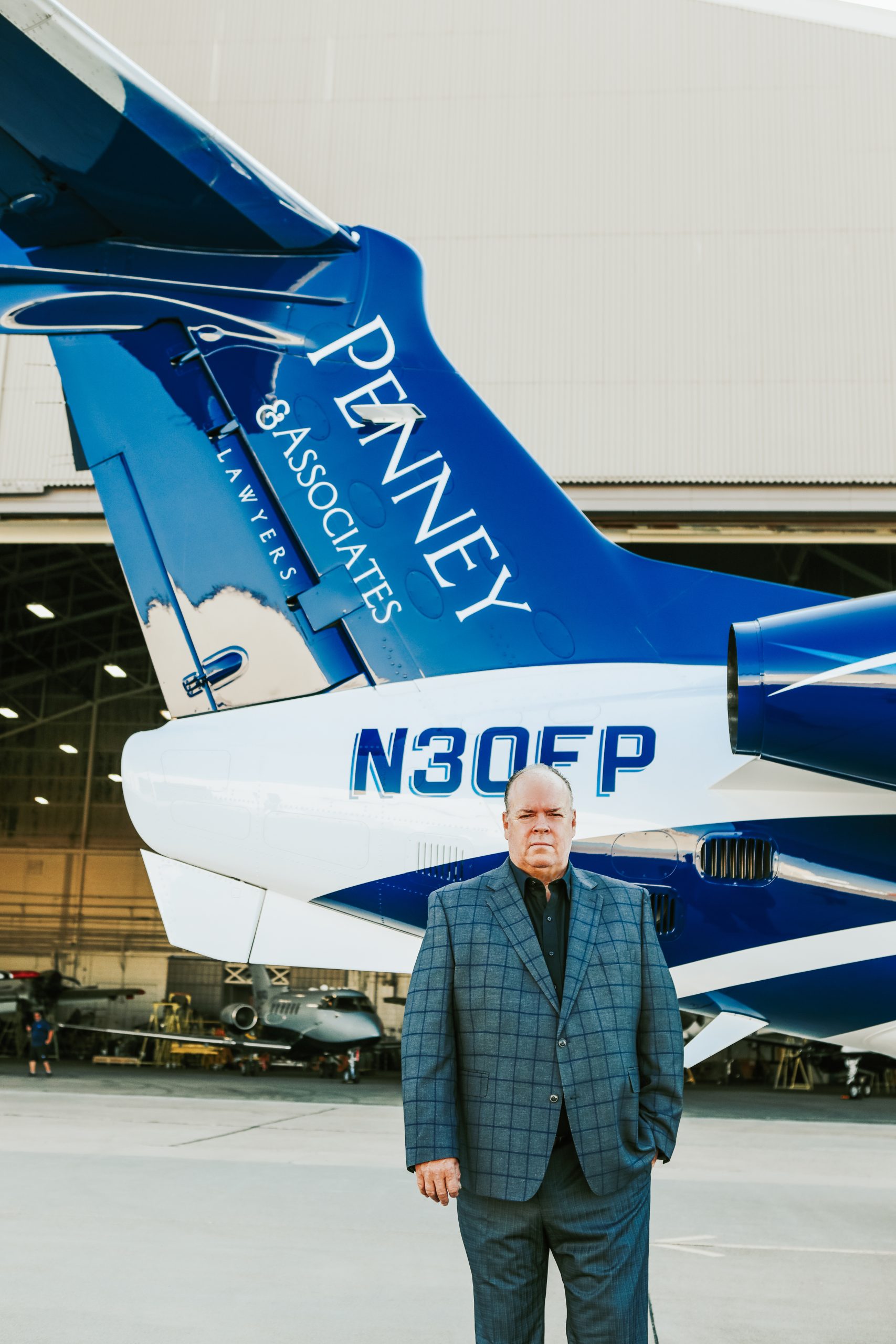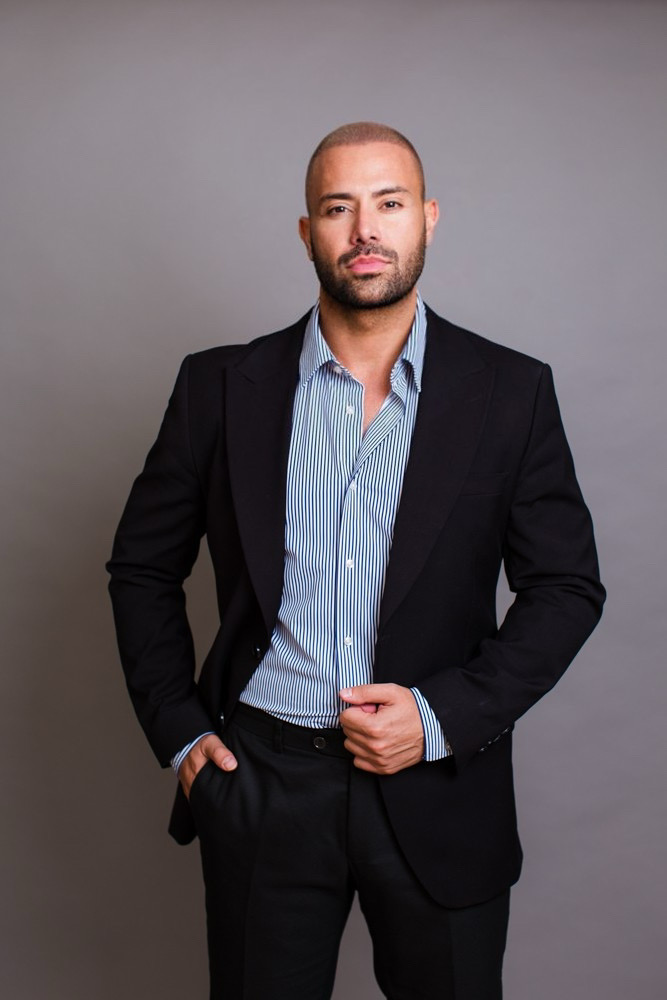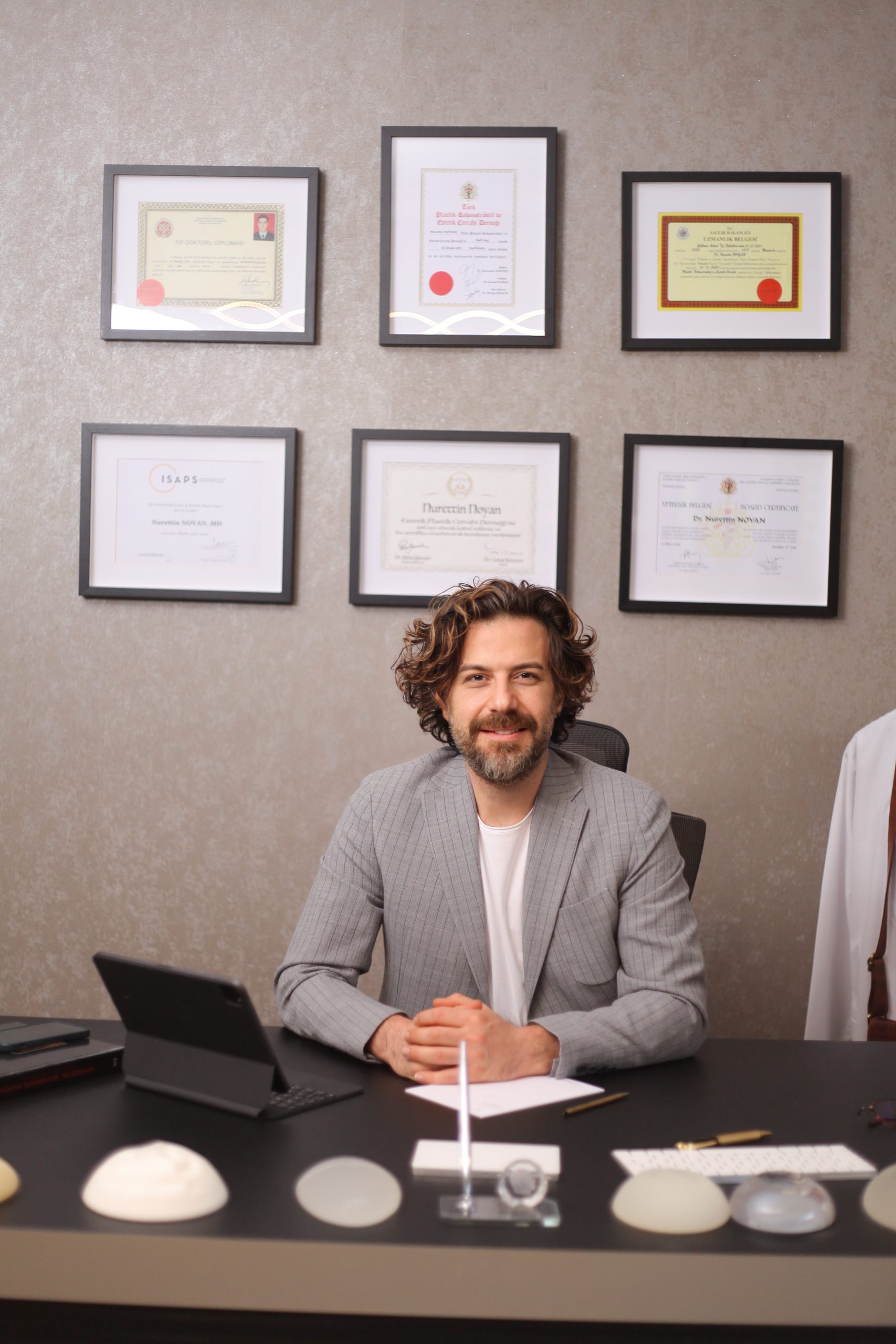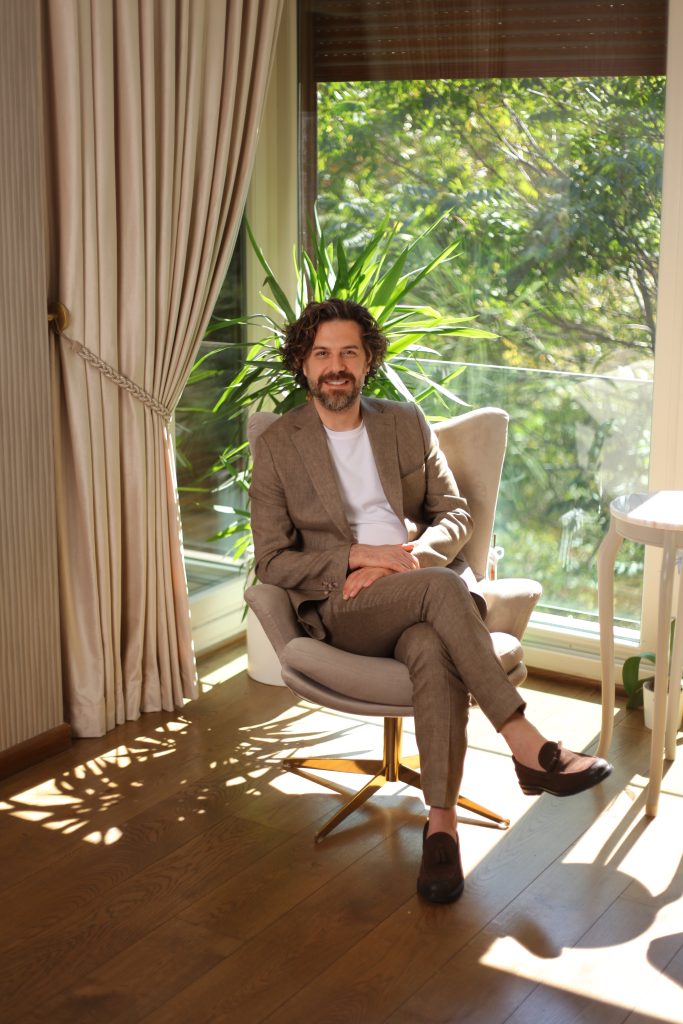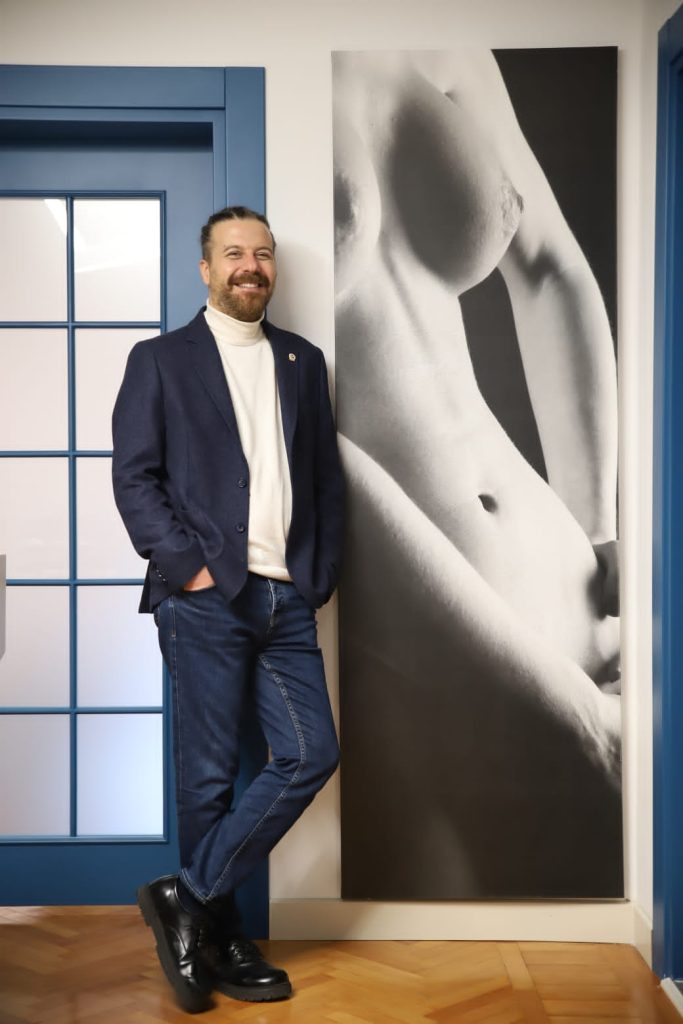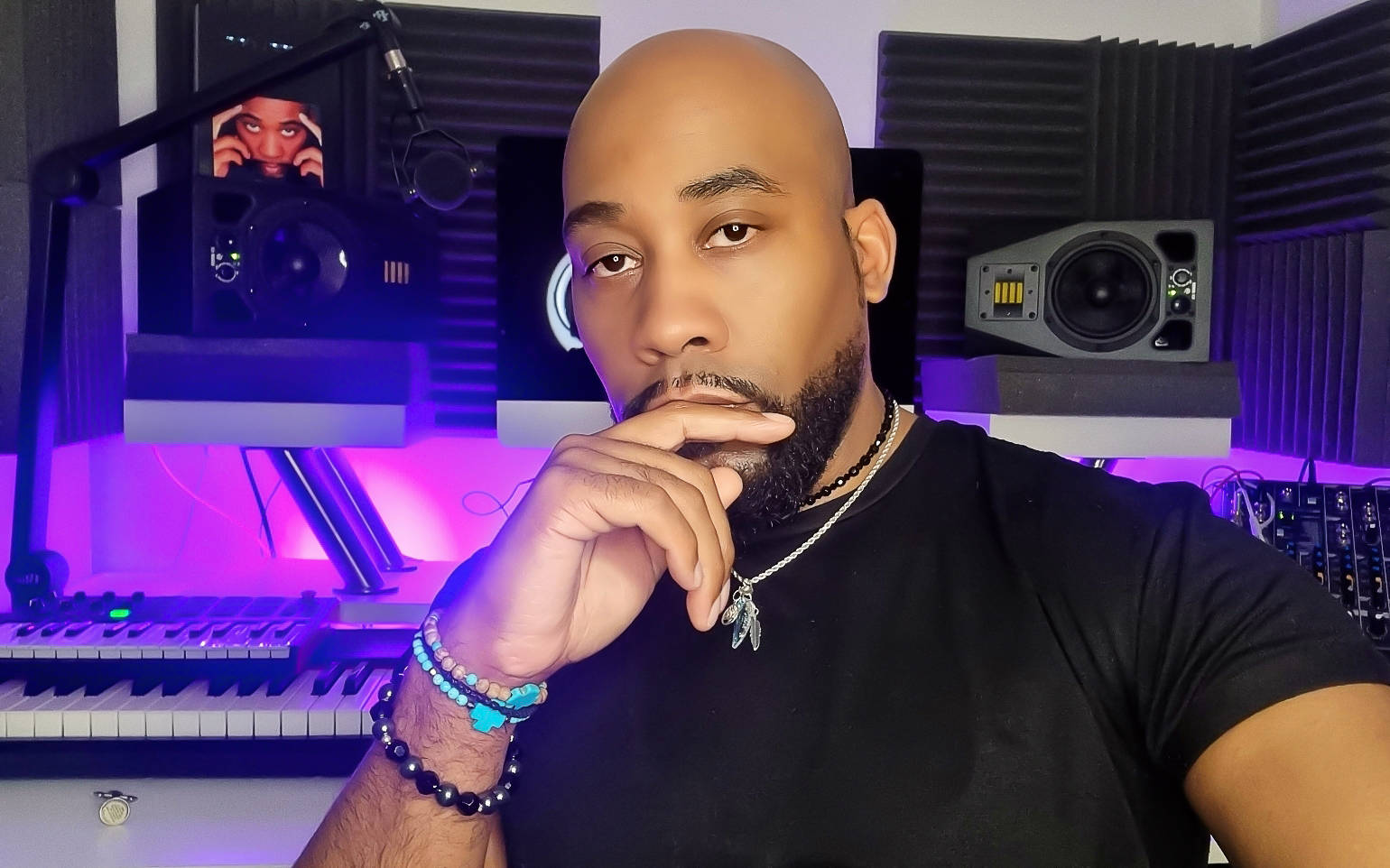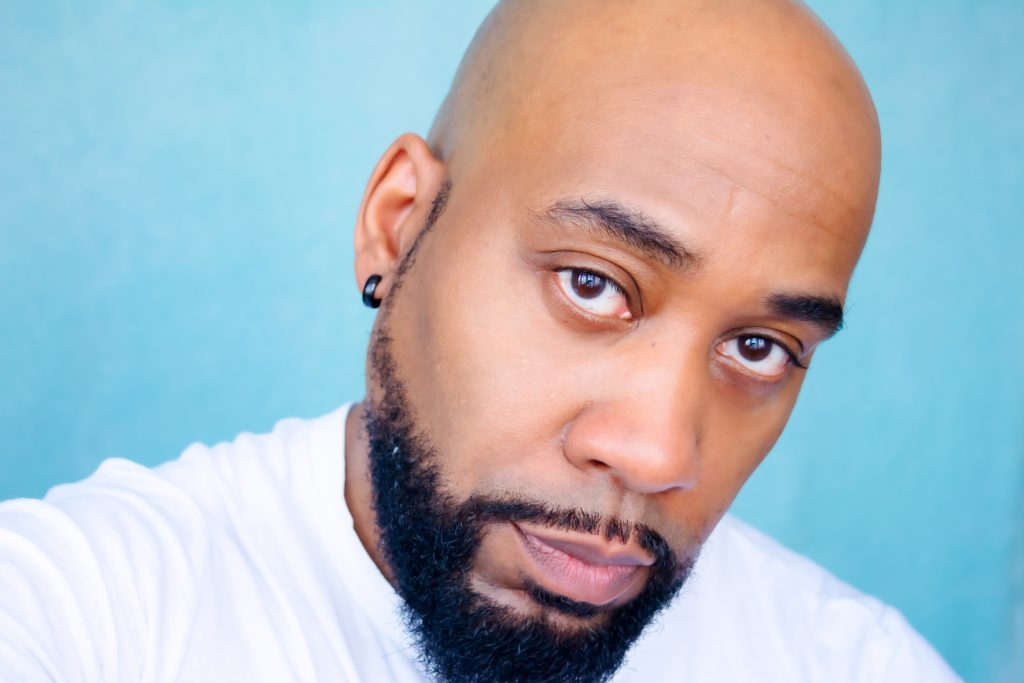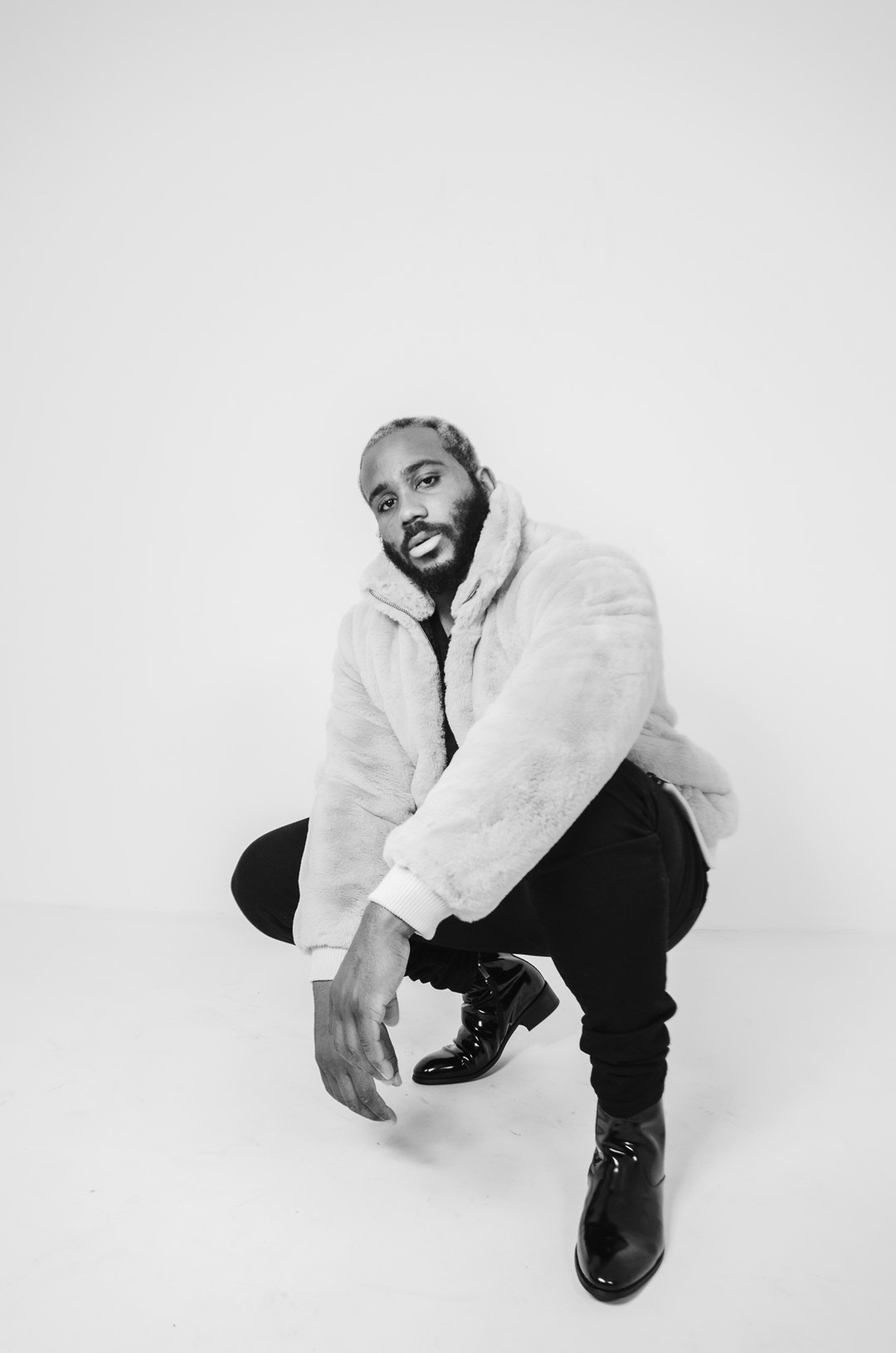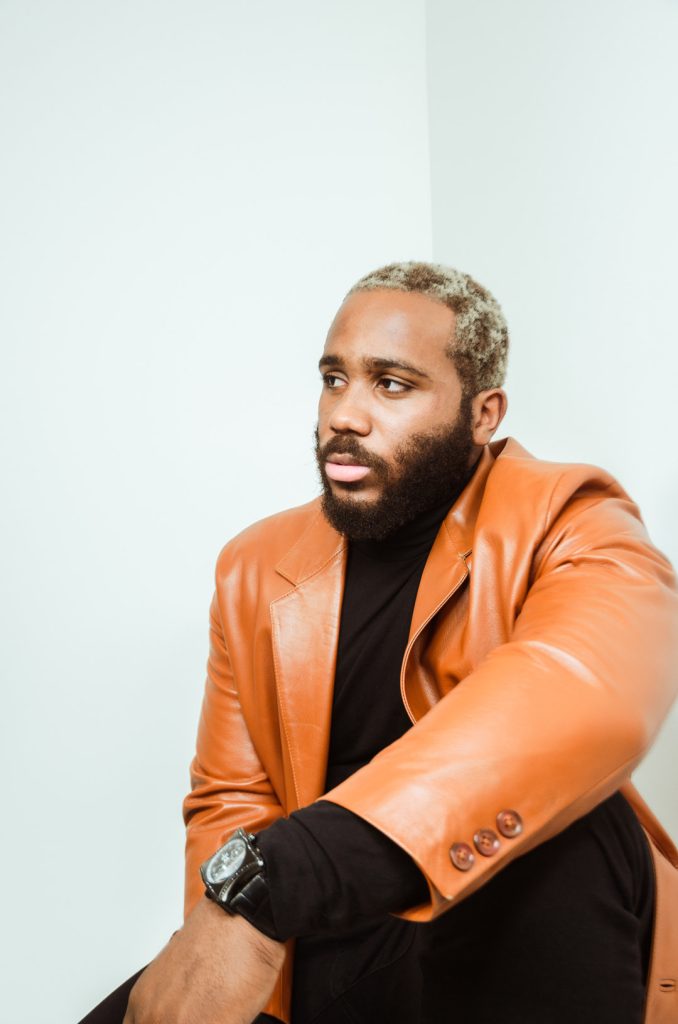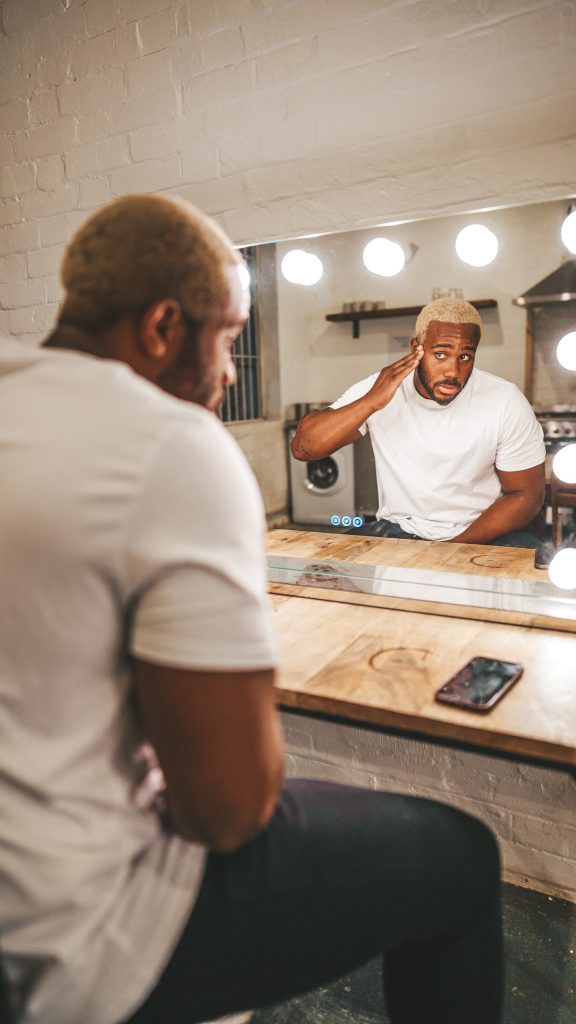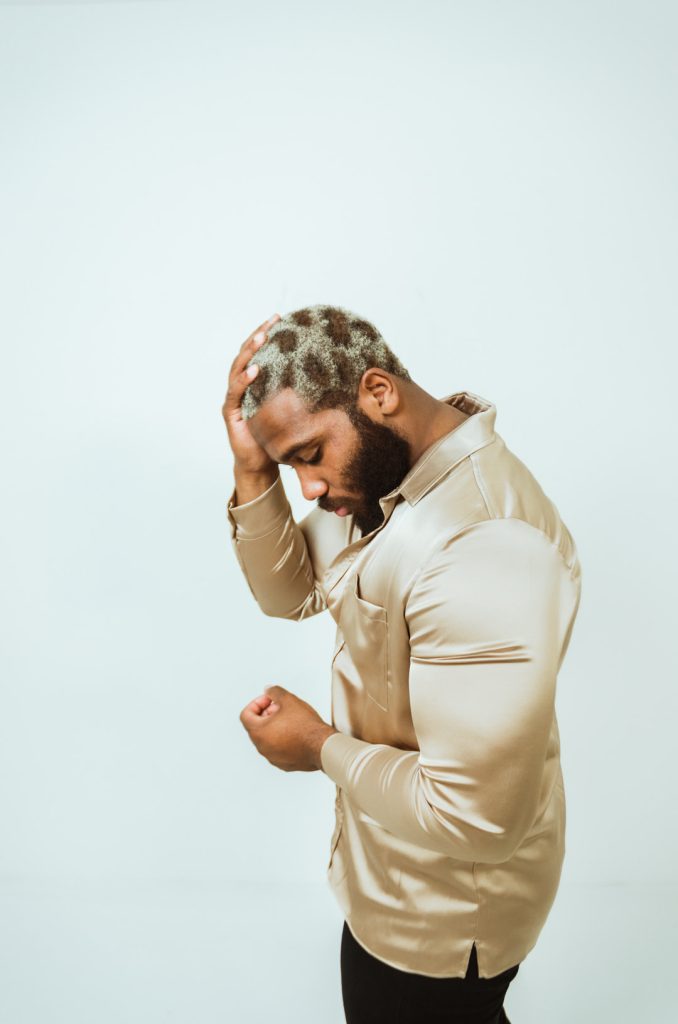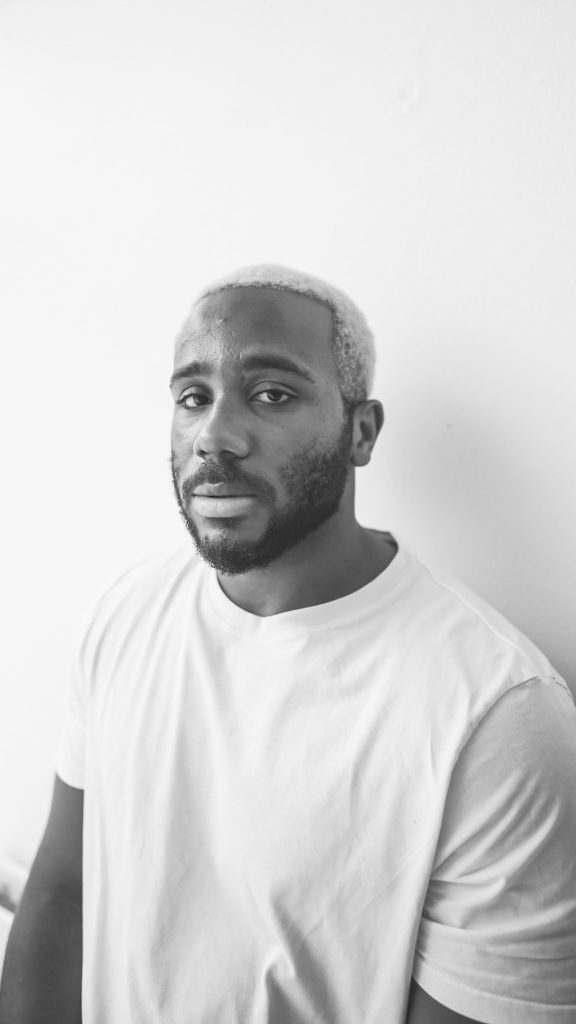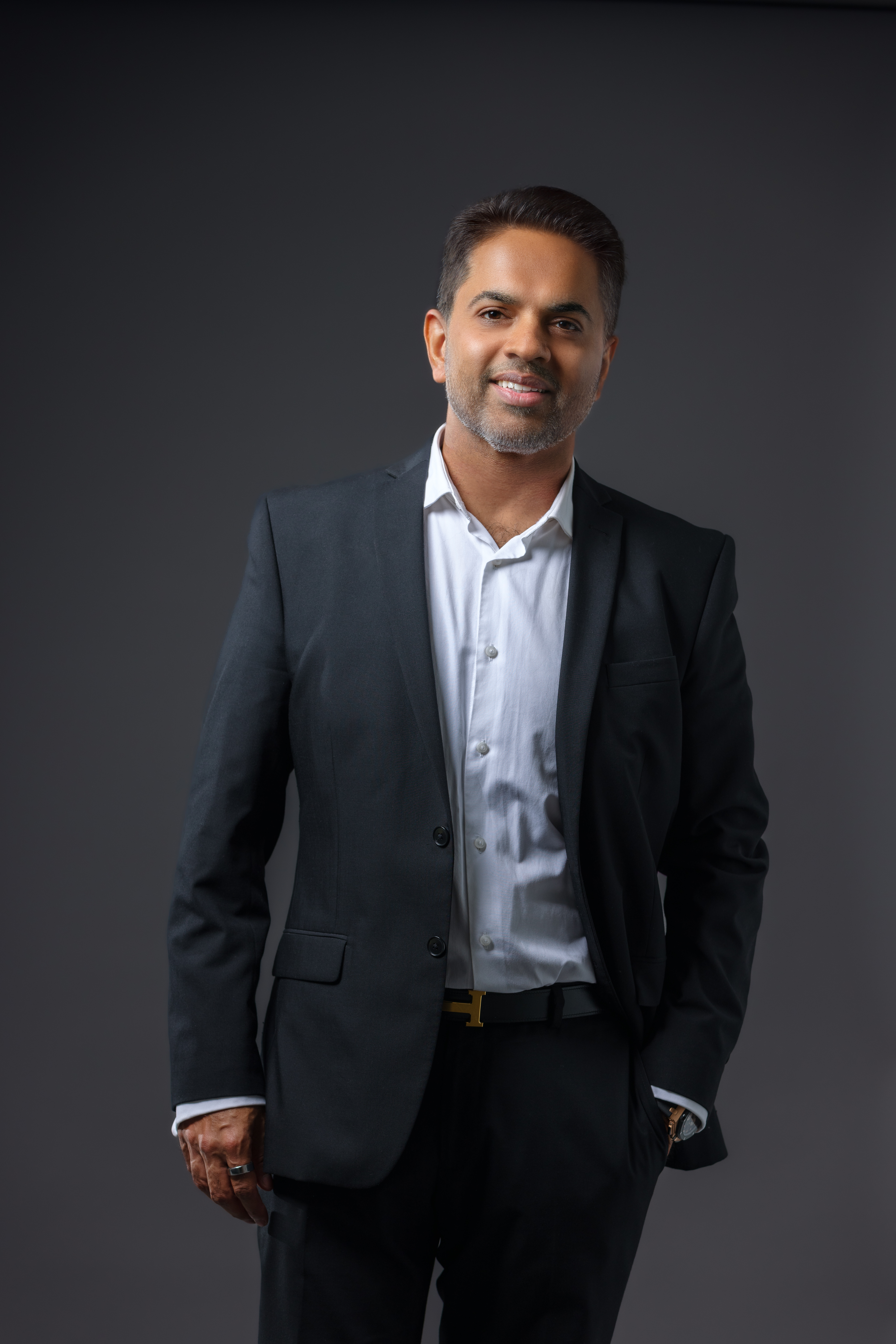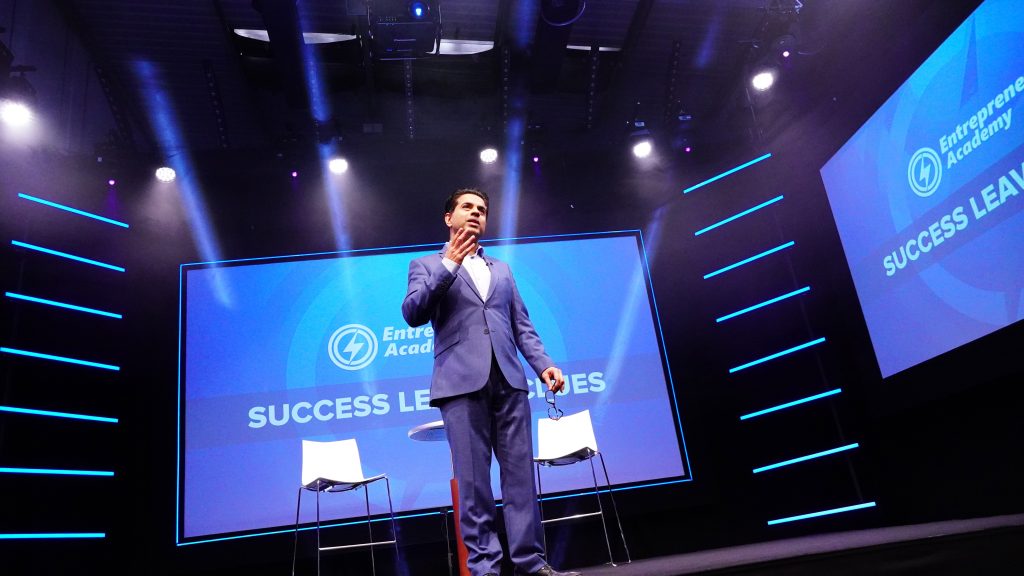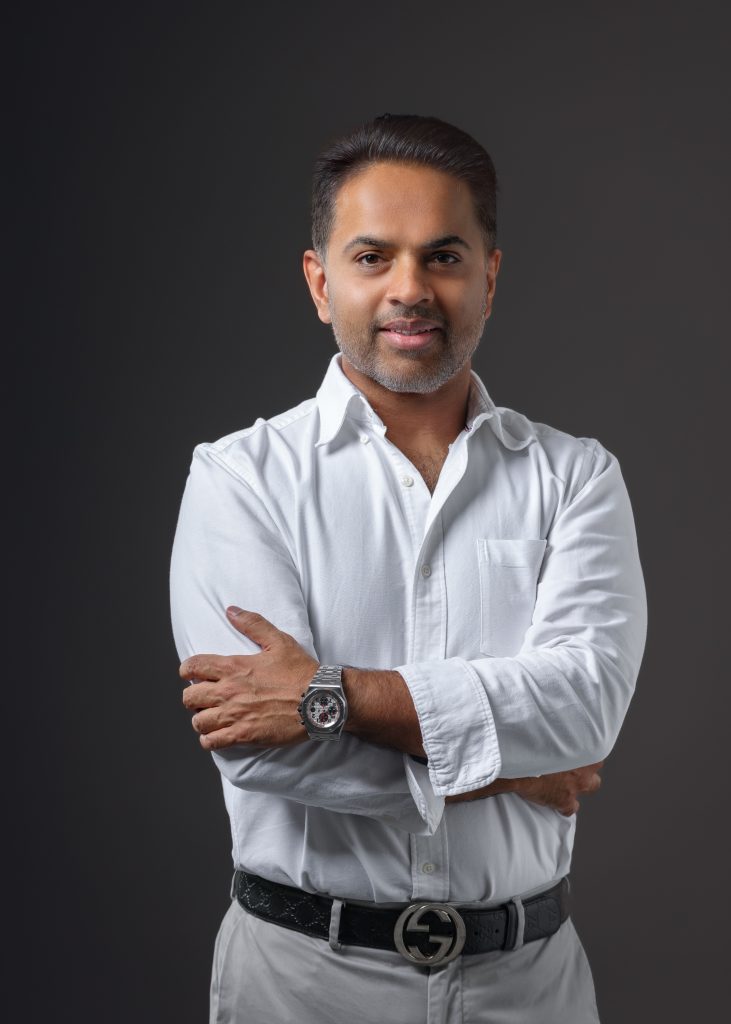In the dynamic world of business strategy and personal development, few thought leaders command attention quite like Simon Alexander Ong. With his work being featured in prominent outlets such as Forbes and the Harvard Business Review, and his debut book ‘Energize’ receiving high praise from renowned authors like Simon Sinek and Marie Forleo, Ong’s impact on the field is undeniable.
In this exclusive interview with Global Man Magazine, Ong offers unparalleled insights into his unique journey, the influential experiences that shaped his outlook, and the key principles that continue to guide his work in helping others unlock their full potential.
As he speaks about overcoming challenges and simplifying complex strategies, Ong’s passion for his craft, his understanding of media’s role in amplifying thought leadership, and his wisdom gleaned from extraordinary career moments, all coalesce to create an inspiring narrative filled with invaluable lessons for any aspiring business strategist.
Dive in as we unravel the energizing success story of Simon Alexander Ong.
[ez-toc]
In your book ‘Energize’, what inspired you to write it, and how do you believe it contributes to the field of business strategy?
In the first chapter of the book, I share a personal story of how I reached this point in my life where I was burned out—physically, mentally, emotionally, and spiritually. I was lost, and I would attempt to avoid facing this reality by bingeing on television shows, drowning myself in alcohol, and gambling my money away. The journey from that point to what I now get to do today—speaking on stages across the planet, coaching those in positions of leadership, and mentoring the next generation of entrepreneurs—was something that I wanted to share in my book Energize. I wanted to share with readers that when you take responsibility for where you are today and where you want to be, life can unfold in the most magical of ways. Because when you have the courage to channel your energy towards what matters most, you step onto the path towards fulfilment and begin to show up differently in the world.
New York Times bestselling author Simon Sinek described my book as “exactly what we need in this moment,” and I believe it is because many businesses across the planet are currently experiencing a human energy crisis. In surveys conducted by organisations such as Gallup, the majority of respondents share that they are struggling with their mental health, are feeling burned out, and are disengaged. This matters because people are the driving force behind every business, and if they possess little to no energy, then the business as a whole will suffer. It can easily be forgotten, but the first customer for a business is their employees, because the happier and more energised they are, the better the experience for the clients that interact with them. When it comes to productivity and creativity, therefore, energy really is everything.
Can you share some unique insights that you discussed during your visit to 10 Downing Street and how it may have influenced your approach to business?
I am fortunate to have been involved in visits to the likes of 10 Downing Street and the House of Lords. With regards to the former, it was thanks to Enterprise Nation and Emma Jones, CBE, who helped to make it happen.
They set up a meeting at 10 Downing Street between those in government involved in supporting small and medium-sized enterprises (SMEs) and a group of business owners, of which I was one. The main points of discussion during this meeting revolved around the challenges faced by SMEs across the country and how the government could offer better support for them in areas such as hiring, international trade, and access to funding.
What was clear during the meeting is that whatever stage of your entrepreneurial or business journey you are at, you will always face challenges. Challenges, however, are important because they set the stage for your personal growth. As the author Haruki Murakami said, “When you come out of the storm, you won’t be the same person who walked in.” “That’s what this storm’s all about.” There will be things that are in your control and things that are out of your control. When you focus on what you can’t control, it is easy to become paralysed by overthinking and negativity. When you focus on what you can control, however, you feel energised and empowered to take action.
One insight that I experienced during the meeting that has influenced my approach to business is the importance of surrounding yourself with business owners from a diverse range of industries. It creates an environment where you can learn from each other’s different perspectives, lessons, and insights; it allows you, for example, to bring successful ideas from another industry into your own or partner with other businesses to create something unique.
I have since made diversity of relationships a priority in my entrepreneurial journey and, as a result, have been able to learn from the likes of film directors, Michelin-starred chefs, CMOs, property developers, and hoteliers. Some of these have contributed to unique collaborations, such as the partnership with The Connaught hotel in London’s Mayfair district to create a cocktail inspired by my book, with a metaverse educational platform to host one of the world’s first book launches in the virtual world, and with illustrators to visualise my teachings and insights.
How has being a keynote speaker at high-profile organizations like Salesforce, Adobe, EY, Bain, and Oliver Wyman shaped your perspective on international business?
It is always a blessing to be invited to high-profile organisations to share my work, and what these experiences have taught me when it comes to international business is just how important it is to understand your people and audience, from showing those that you lead that they are supported and appreciated through recognition programmes and culture alignment to modelling the behaviour that you would like your organisation to embrace.
Regardless of location, the businesses that ultimately thrive over the long term are those that have a clear and compelling vision that people want to be a part of, that are focused on developing those in positions of leadership into good coaches (a Google study, “Project Oxygen,” discovered that the most effective leaders within their organisation were good coaches who didn’t micromanage), and that cultivate a culture of belonging where everyone feels they are part of something bigger than themselves and where they feel safe to express their full human selves.
Your work has been featured in prestigious publications such as Forbes and the Harvard Business Review. How do these platforms help amplify your message, and how do you determine what insights to share?
Getting featured in well-known publications is a fantastic way to help amplify my message to new audiences because everyone consumes their content through different channels. It’s why, for example, I’m present on different social media platforms (most of my energy is on my two favourite platforms, LinkedIn and Instagram), because I understand people will have a preference on where to consume the majority of their content from.
The readership for Forbes tends to be high-net-worth investors and consumers, as well as entrepreneurs, while the readership for Harvard Business Review is more geared towards those in executive positions within organisations. These platforms help because they act as a conduit for getting my ideas and work onto the radar of people who may never have come across it otherwise. They may, in turn, lead to business opportunities such as coaching and speaking or invitations to media outlets to learn more about what I do and the messages I have to share.
In fact, one article that I was featured in for a national newspaper led to me receiving a call from Sky News, who invited me to their studios for an interview. That opportunity wouldn’t have happened if it weren’t for being featured in a publication. With regards to what insights to share, these are driven by the questions I am asked and the audience that will be reading my words. My primary objective with the insights that I share is to always deliver them in a way that is digestible and where everybody can connect with them.

Considering the endorsement of your book ‘Energize’ by renowned authors like Simon Sinek and Marie Forleo, how did their feedback impact you personally and professionally?
Getting endorsements from renowned authors like Simon and Marie was a surreal moment, and it reminded me of the saying that “if you don’t ask, the answer will always be no.” It was an incredible honour to have them support my first book and for them to see value in what I had to offer.
Simon’s endorsement was particularly special given that he doesn’t appear to do it for many books. And they certainly helped in the leadup to the book’s publication in April 2022 for people to see the calibre of names gracing the cover of my book.
Each of the endorsements I received for the book had unique stories of how they were achieved, which illustrate the importance of building your network and nurturing the relationships you have. A great example of this is how Marie Forleo’s endorsement came about. One of the habits I have when attending events is that I like to arrive early and get a spot on the front row or as close to the front as possible. At one of Marie’s book launch events for Everything is Figureoutable, I noticed a guy sitting on the front row who had a certain energy about him. Once the talk ended and a queue formed around Marie to get her to sign copies of her book, I approached this guy for a conversation.
It turns out that he was Marie’s hair stylist! We ended up in deep conversation about their trip to the UK to promote the book and how they were finding the experience. I shared tips on places to visit and restaurants to eat at while they were here in London. Before we wrap up, we exchange contact details and decide to stay in touch. Two years later, at the end of 2021, my publishing team reached out to Marie to see if she would like to provide an endorsement for my book.
We heard nothing back—understandable given how many inquiries she and her team must receive every week! I therefore decided to drop her hairstylist a message to see if he could put in a good word for me. Just a couple days before we finalise the list of endorsements for the book, I get a message from my publishing team saying that Marie has provided a blurb.
This was followed by a message from the hairstylist that I had met and stayed in touch with that said, “I kept pushing them! “And then I sent a final push last week reminding them how timely it was, and then I heard they were talking to your publisher!”
As Terence McKenna beautifully said, “Nature loves courage.” You make the commitment, and nature will respond to that commitment by removing impossible obstacles. “Dream the impossible dream, and the world will not grind you under; it will lift you up.”
How has your experience on media outlets like Sky News and BBC influenced your understanding of the media’s role in business strategy and thought leadership?
My experience with media outlets such as these reminded me about just how influential their role is when it comes to highlighting issues and bringing thought leadership into the public’s awareness when it comes to business, life, and general wellbeing.
By helping to raise awareness around the work that I do, it acts as a great platform to get my work out to a larger audience. It’s why one of my goals in the coming years is to do more work with media outlets that can help amplify my message to people who may not have come across my work before.
What was the most challenging aspect of writing your début book, ‘Energize’, and how did you overcome it?
Writing “Energize” was one of the greatest challenges that I have experienced. I received the offer to write the book with Penguin Random House in April 2020, which was the same month that I became a father for the first time and the UK entered into its first lockdown as a result of the coronavirus pandemic sweeping across the planet.
To balance running a business, writing a book, and looking after a newborn at a time when our families weren’t able to visit was tough. There were moments where I wasn’t sure I could even get across the finish line with regards to finishing the book, which is why holding the first printed copy of it in my hands a few weeks before its publication was such a beautiful moment that I will never forget.
I believe that we never get far alone, which is why the support that I had around me throughout the book-writing process was so important in helping me navigate the challenges I have shared. My wife is the first person that comes to mind because of her incredible support during what was a difficult period for us both.
I was then intentional about being in regular conversation with other authors who were in the process of writing their own books so we could support one another, as well as getting involved with a mastermind group to keep me focused on the writing journey and to seek help when required.
Setting up this environment around me during the coronavirus pandemic years was crucial in helping me accomplish what I wanted to do. It’s why I believe that one of the fastest ways to make meaningful progress in any area of our lives and careers is to design an environment around us that makes it impossible not to succeed.
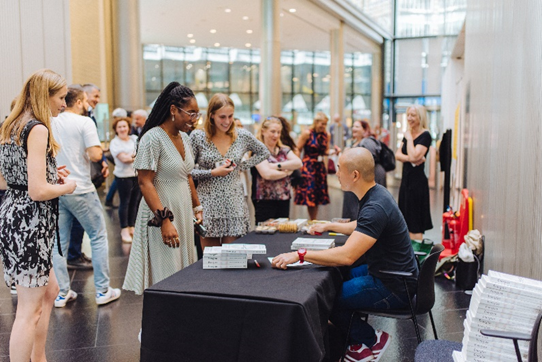
Given your broad range of experiences, how do you approach the process of simplifying complex business strategies for different audiences around the world?
Simplicity is key in the work that I get to do; if people find it difficult to understand what I have to say, then it’s impossible to get my message across to them.
My experience of being on stage, on radio, on TV, and in podcast interviews has helped me understand how to distil my thoughts into language that can be easily understood by all and the importance of storytelling. And this begins with understanding the audience that you are speaking to; it helps inform the stories, case studies, and analogies that you draw upon.
When talking to an audience from the film industry, for example, I will use Christopher Nolan’s film Inception as an analogy for how the coaching process works, and when talking to an audience from the executive community, I will draw on case studies with clients from the corporate world and how other leaders and organisations have demonstrated or embraced the lessons I share.
Having a broad range of experiences and insights does make this process easier, though, because it allows you to connect the dots in interesting ways to better engage with different audiences around the world.
Can you share a unique or surprising moment from your career that significantly influenced your outlook or approach to business strategy?
One of my favourite books within the field of business, which I come back to again and again, is The Go Giver by Bob Burg and John David Mann. It’s a relatively short book with a simple yet powerful message: the secret to success is giving.
Reading this book heavily influenced my approach to business and life. It taught me that our value as humans is determined by how much more we have given to the world than we have taken from it. As a result, money is simply an echo of value; the more value that you bring into the world through your products, services, and presence, the more money you get.
A question I therefore ask myself each day and encourage others to also do is the following: How can I add value to someone’s life today, however small?
If you were to mentor a young aspiring business strategist, what three key pieces of advice would you give based on your experience and success?
A common characteristic amongst the most successful is a strong bias towards action, and so the first piece of advice I would share is to collapse that gap between idea and execution because, while ideas are common, the ability to execute on a consistent basis is less so.
We can sabotage our progress by overthinking and giving in to fear and doubt. The value of any idea, however, is only realised once action is taken. As the actor Denzel Washington shared when receiving an award for his performance in the film Fences, “Without commitment, you will never begin; more importantly, without consistency, you will never finish.”
When you commit to taking at least one step forward each day in growing your business, a year from now, that becomes a minimum of 365 steps forward. Just imagine where you could be and what would now be possible.
The second piece of advice I would share is to design an environment around you that makes it impossible not to succeed—from who you spend most of your time with to the books you read, from the events you attend to the places you spend time in.
Your environment has a significant influence over how you see yourself and what you see as possible, so when you are regularly reviewing and optimising it, you are increasing your odds of success. The third piece of advice I would share is to believe that you have value to bring to the world and that you have what it takes to succeed in the long term. There are always two sales that occur: the second is selling you to others, and the first is selling you to yourself.
And until you can succeed with the first, the second will always remain a challenge. When I started believing in what I had to offer the world, I showed up differently and with more energy in the form of commitment, persistence, consistency, and focus. You will quickly notice this difference, and so will others.



